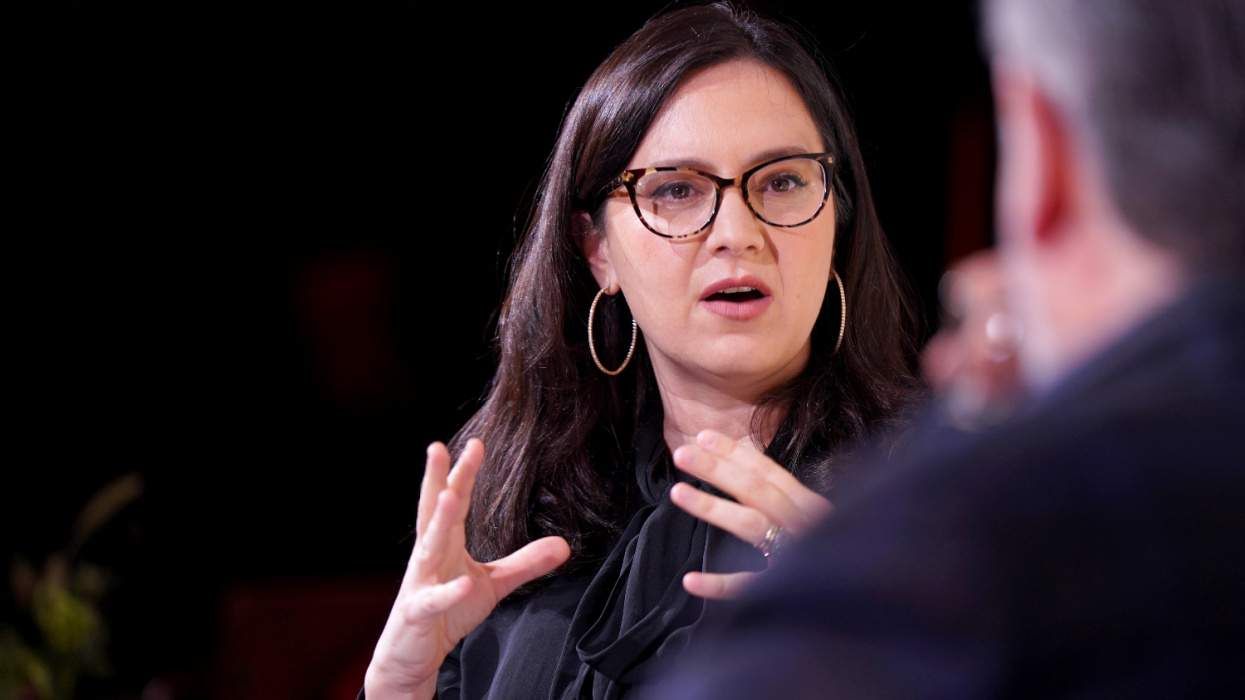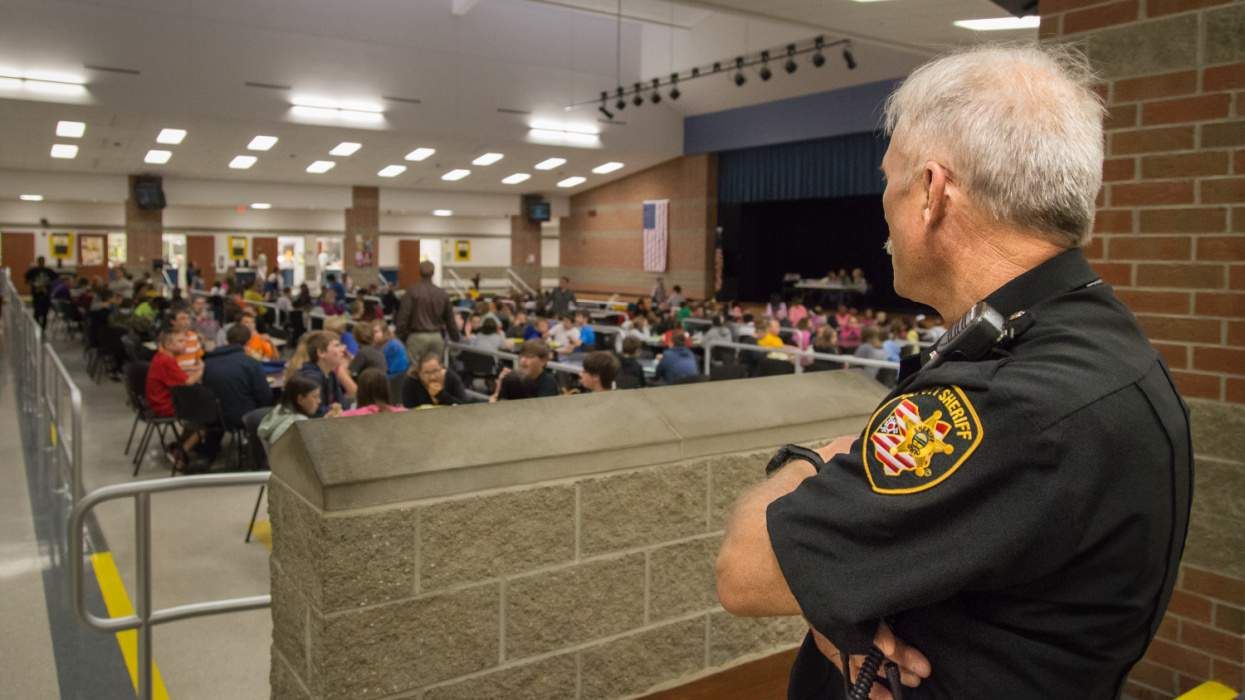For me, going to school was a nightmare. I know, I know -- many teenagers would probably say they can relate to that sentiment. But for me, it truly was. And the nightmare could begin as early as roll call, when a teacher would call out my then-legal name. You see, even though I had come out to my classmates as Lucas, I looked like a Lucas, and I had asked many times to be referred to by the name that matched who I am, the roll call still listed my legal name.
Many of my teachers and classmates were supportive, but every time my old name was used, the school bullies would begin mocking me. What a way to start my school day.
My "ordinary" school days were filled with painful and stressful moments like these, but none worse than when I had to use the bathroom. That's the sad reality for thousands of transgender teens like me all over the country.
After I came out as Lucas, I wasn't allowed to use the regular school restrooms. Despite looking like the teenage boy I knew I was, I had to use a special, single-stall restroom. Each time I had to go, I'd have to make a long trek across campus to the nurse's office, passing sick kids waiting to have their temperatures taken or to be sent home to recuperate. It often made me late to class, and it always made me feel like I was also somehow sick and undeserving of equal treatment.
So I did what I thought I had to do: I willed myself not to use the bathroom. I'd hold it all day long. I'd purposely not drink water, even knowing I'd be dehydrated by lunchtime, never mind by the end of the day. I didn't know it at the time, but I was doing what most transgender students do -- and harming myself in the process. One study found that 54 percent of transgender students reported serious physical complications like dehydration and kidney infections from avoiding restroom use during the school day.
Fortunately, things have gotten a lot better. My school came around. Administrators had never worked with a student who was transitioning, and it didn't take too long before they saw that I didn't belong in the nurse's restroom. I looked, acted, and sounded like a boy. And I ought to be using the boys' bathroom.
To be clear, the bathroom isn't a place where I linger. In fact, like all the transgender students I've ever talked to, I try to get in and get out of the bathroom as quickly as possible. I leave everybody else alone, and I just want the same in return. It's just that now I'm not late for class anymore. I've also legally changed my name, so that roll call problem -- it's gone. And those bullies, well, even some of them have come around. I have a lot of good friends, a really great girlfriend, and am really looking forward to my senior year.
But right now I'm worried. All over the country, including here in Arkansas, lawmakers who are supposed to protect all of us are putting the lives of transgender young people like me in real jeopardy. They are introducing laws or passing resolutions that undermine the very core of who I am, making it clear that because I am transgender, I don't matter and don't deserve to be treated with the same dignity and respect as my peers.
These efforts to target people like me have become all the more frightening after the massacre at the Pulse nightclub in Orlando, where 49 LGBTQ people and allies were killed.
Thankfully, the Department of Education is providing guidance to schools to ensure that transgender students are treated with dignity and respect, and to make the transition process easier, so students, teachers and administrators don't have to figure things out in the way we did. The guidance isn't letting anybody choose bathrooms willy-nilly. It's saying, "Hey, you have a student like Lucas, here's how you can assure his safety and also ensure the other students understand what's happening." It provides a road map that makes it easier for everybody -- and it was something that teachers and principals all across this country were asking for as more and more kids like me came out in school.
Now it's all but certain that next year Arkansas lawmakers will introduce legislation countering that guidance and leaving kids like me even worse off than we were.
Hateful people have been selling a myth that people like me are some kind of risk to others in public bathrooms. But they've got it backwards. It's people like me who don't feel safe -- and often aren't safe -- in the bathroom. There is nothing new about transgender people using the bathroom that aligns with our gender identity. We've been doing it for decades and there's not a single reported case of any kind of public safety problem.
What is new is lawmakers going to shameful lengths to portray us as criminals, when Orlando has shown us in the most horrifying way that we're the ones at risk.
I know that for some it may not be easy to understand transgender people if you've never met us -- if we're not your kids, your classmates, your students, or your neighbors. But I urge all lawmakers to get to know us before writing a law that would hurt us. Because what's really criminal is making transgender students feel scared in their own schools.
LUCAS SEGAL is an Arkansas-based activist recently honored for his work to make school life better for trans youth like himself.















